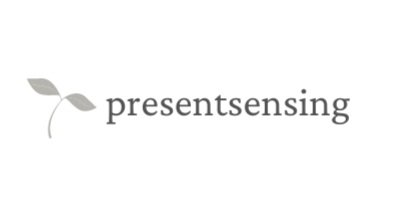exploring codependency
Codependency has many definitions, including needing to be needed, creating unclear boundaries, controlling people and situations. This dynamic requires at least two people, typically someone who needs and someone who is needed (this is a simplified definition of a very complex and nuanced dynamic). It is a natural, human trait to need and be needed. It is only when the dynamic and roles become rigidified and disruptive to a person’s movement through life that some intervention might be welcome.
In my experience, when a codependency dynamic emerges, the behaviours and patterns have served a very important function in a person’s life and relationships. Often there has been an immense effort to mitigate suffering and try to find connection and belonging within an unsupportive environment/system. Needing to be needed may have been someone’s only way to survive, to feel acknowledged, to know that they matter.
In the dominant culture, “codependent” has become a label used to shame and other someone. I’m offering a more heart-full, non-pathologizing way to explore codependency that takes into consideration our inherent wholeness.
While I don’t disagree with the above definitions, I feel they are missing a key ingredient: humanity. If we can be in touch with our own humanity for a moment, we can start to resonate with the pain of being unable to bear the suffering of a loved one; of being willing to do anything to lessen the suffering of a loved one, even subjugate our own needs and wellbeing.
Many of us can relate to the experiences described in the textbook definitions of codependency. I invite you to consider what happens to your wholeness - your unique you-ness - when you focus more on someone else’s experience than your own?
If all of your energy is tied up in someone else’s identity, you are at risk of losing yourself.
When you’re preoccupied with rescuing someone else, you abandon yourself and your own wholeness. From this place, the movement in therapy might be towards disentangling yourself from the enmeshed relationship so that you can reconnect to your own needs and preferences.
It is possible - I would argue necessary - to experience joy even when someone you love is suffering.
As a young person, you needed to learn how to navigate difficult, unsupportive relationships/environments in order to survive and belong and feel safe. You developed unique ways of moving within your family, for example, in order to find connection and belonging. These early relational patterns emerge as a means of survival, and they become habituated over time.
As an adult, you have more choices available to you. You have autonomy. You get to decide how you move through relationships and situations. You get to discern what environments and communities nourish you, and which ones do not. The movement in therapy might be towards exploring the supports available to you so that you can decide to move in new ways that support your wholeness, so that you don’t have to contort yourself or make yourself smaller to stay in situations that no longer serve you.
What would happen if you stopped using another person as an excuse not to be yourself?
What would be possible in your life if you stopped limiting your wholeness and started living your life fully, in your own magnificent way?
Written with gratitude to Ambrose Kirby for his words and wisdom on the subject.

